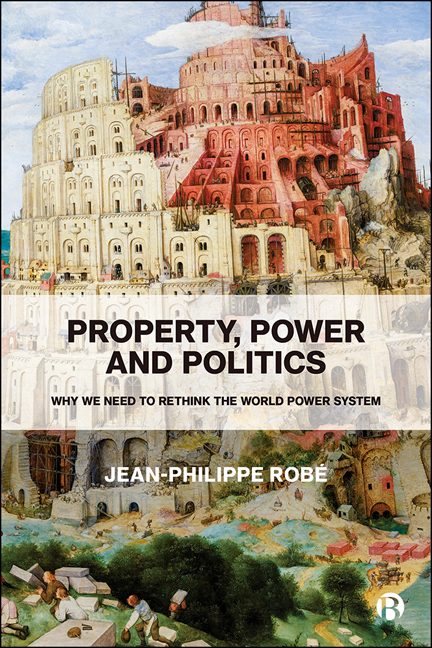General Introduction
Published online by Cambridge University Press: 12 March 2021
Summary
Humanity is facing unprecedented challenges. Climate change is threatening the survival of our species, alongside many other forms of life. Democratic States are increasingly run by populist politicians elected by angered majorities rejecting traditional political parties. Existing international institutions are under pressure with a rise of unilateralism and protectionism. And inequality has never been as high at both domestic and international levels. War used to be the worst form of violence humanity imposed upon itself. Today, we are peacefully destroying our natural environment, our democratic institutions and the inclusiveness of our societies.
Over the last decades, political parties from right and left have had the opportunity to implement their programmes in most democratic States. It has not made much of a difference to the most important issues of ecological survival, societal inclusiveness and the preservation of effective democratic institutions.
Our institutions do not work. With regards to climate change, scientists have alerted us for decades. It is obvious that whatever has been achieved via international negotiations is far too insufficient. The end of history could be quite different from the one contemplated by Francis Fukuyama some 30 years ago. The collapse of the Soviet Union was supposed to herald a bright future for liberal democratic institutions. But although communism has certainly demonstrated its ineptness as a political and economic system, Western-style institutions are now next in line if we do not seriously adapt them to the issues of our time.
The deep reason for all this is that our institutions have been bypassed by the historical development of a World Power System creating overwhelming constraints, and the politicians in charge of our local political institutions do not have the levers to effectively act on its course.
The daunting challenges we are facing are the result of the process of globalization of markets and firms without a parallel development of proper countervailing rules and institutions. The so-called ‘Washington consensus’ in its blind reliance on markets to resolve problems of resource generation and allocation bears a heavy burden of responsibility for the resistance or unwillingness to address significant areas of market failures. Global firms, global markets and investment funds play States against each over, which reduces their means of action.
- Type
- Chapter
- Information
- Property, Power and PoliticsWhy We Need to Rethink the World Power System, pp. 1 - 36Publisher: Bristol University PressPrint publication year: 2020



